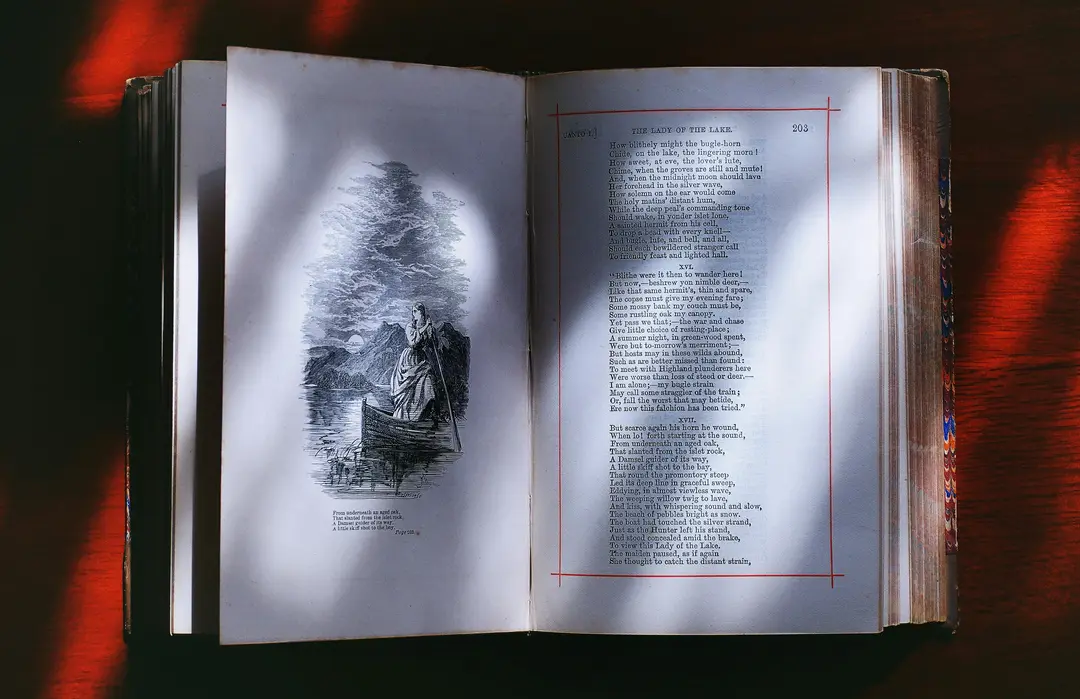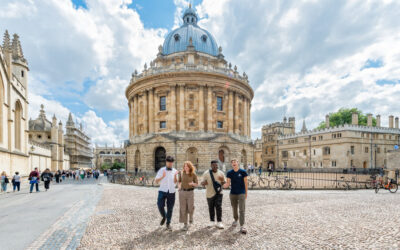It’s been over three years since I first sent my UCAS application off to Oxford University. Now, as a third-year history student on the cusp of exams, I can safely say that these (almost) three years have been extraordinary, if trying at times.
There’s no template for a day in the life of a history student; the variety of people, topics and interests are rich and expansive, but I will try to capture my own experiences as best as possible.
Please note: the Oxford Scholastica Academy has no official link with the University of Oxford.
Studying a History Degree
A large proportion of time when undertaking a history degree at any university will be spent searching for and reading books and articles. A lot of my peers take a 9am-5pm approach with their work, but I generally have a more fluid style of working to allow for spontaneity if I were to stumble upon a friend or budding opportunity lurking in the cloisters. Structuring your time and reading is largely the student’s responsibility.
Though my study schedule is generally flexible, there’s still a lot of work to be done in order to have a comfortable amount of time to write weekly tutorial essays. Though readings can be tough to get your head around, reading lists usually contain a wide variety of texts and generally there’ll be something to pique your interest, even if the topic isn’t your favourite.
You also have the freedom to do a bit of detective work and find some relevant texts not on the reading list that may be interesting to you. I like to try and take an interdisciplinary approach to questions, especially since I have a particular interest in gender history.
Lectures & classes
History has comparatively few contact hours. In a week, I generally have two tutorials to attend and one or two essays to write. We also have classes, though these didn’t come in until second and third year. These are structured more like seminars.
History lectures aren’t particularly numerous. I never have more than two in any given week, but they are fascinating. Attendance usually declines after the first few weeks of a term, but even if a lecture doesn’t seem all that relevant, it may spark a new fascination. It isn’t every day you get to hear about the significance of facial hair in 19th and 20th century military masculinity (a lecture I attended in my second year). Attending lectures is a valuable part of the university experience, even if it isn’t explicitly for your current paper. I attended a few cool looking ones purely for fun!

Life Beyond Academics
History students at the University of Oxford also have ample opportunity for fun and games. The collegiate structure really facilitates getting to know an array of characters and my time at Queen’s College has more than proven that to me.
Amongst the spooky myths of the haunted bathtub, the chatter of the college beer cellar or the seemingly randomly timed choral singing drifting in from the chapel, there are plenty of things to do. I haven’t engaged consistently with societies during my degree, but there are plenty of them on both a college and university level and often you don’t need to be a dedicated member to attend the odd event.
I’ve attended special balls and dinners, engaged with eccentric university traditions, created little art pieces and sculpted myself a clay fish of dubious structural integrity. I’ve dabbled in submitting poetry to student magazines and discovered I’m not very good at punting!
The city also has plenty of exciting refuges from work. I’ve spent a lot of time in the Ashmolean Museum practising sketching and enjoying the ambiance of the city’s variety of coffee shops and independent pubs. Though there’s a lot of work to do, I still have several volumes worth of fun memories and a cherished group of friends.

By Ziden Ramage
Ziden is a current third-year student at the University of Oxford studying BA History. His main academic interests are early modern and 18th-century queer and gender history, currently specialising in the history of masculinity. He is also interested in art, design and creative writing.





